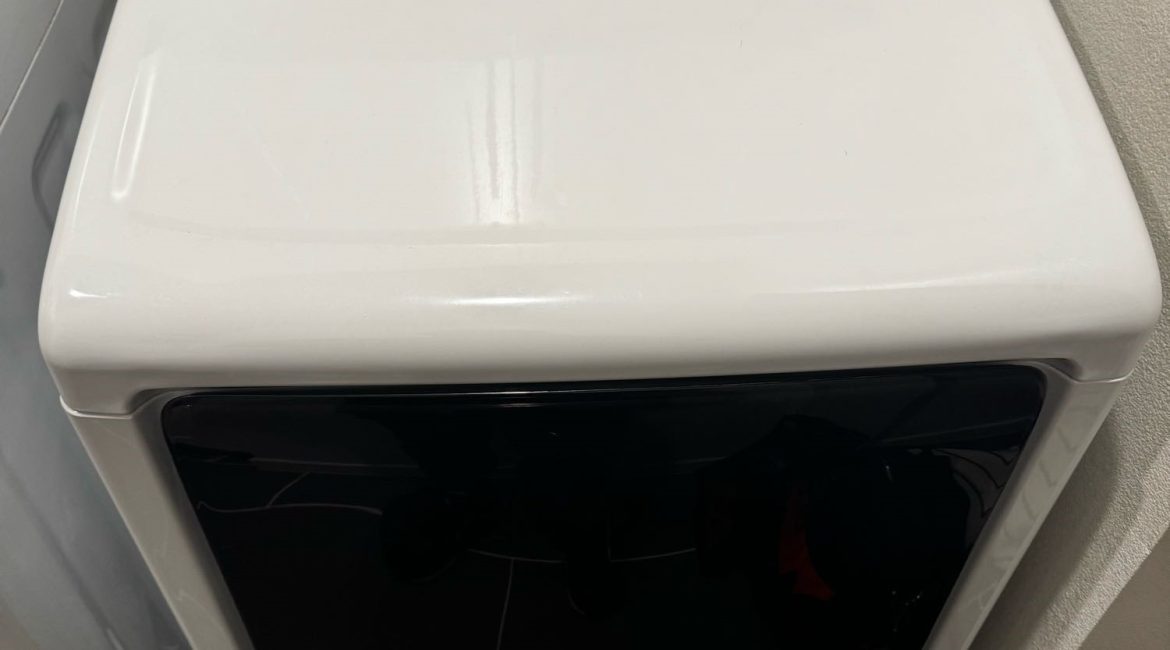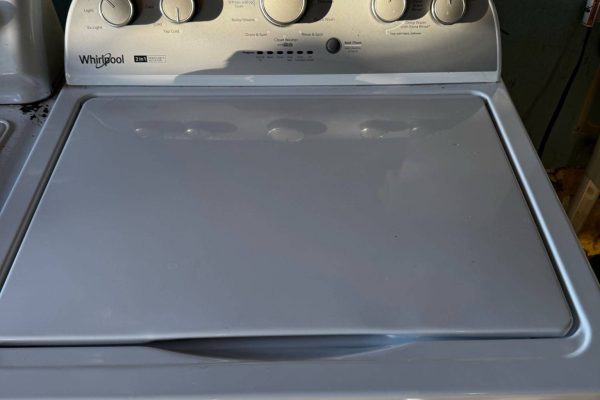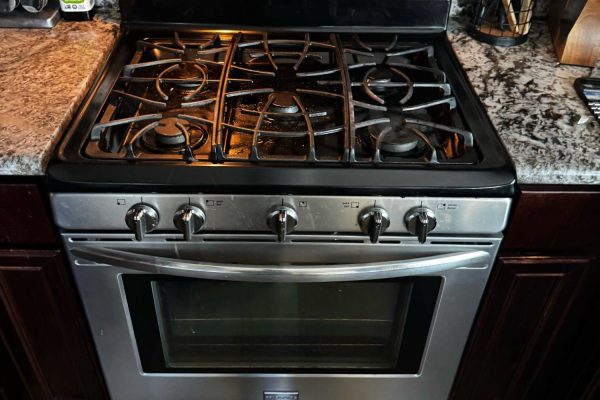A washing machine relies on the correct drum speed to clean clothes effectively. When the drum rotates too slowly, even if the appliance still completes the cycle, you may notice that clothes are poorly washed, still soapy, or extremely wet at the end. Slow drum rotation is a sign of an internal malfunction, and ignoring it can lead to more serious breakdowns. Understanding why the drum slows down helps you act quickly and avoid costly damage.
One of the most common reasons for slow drum rotation is a weak or failing motor. Over time, the motor experiences wear from constant use, friction, and strain during heavy loads. When the motor can no longer generate enough torque, the drum loses power and rotates at a reduced speed. You may notice the machine struggling to start spinning or slowing down midway through the wash. In some cases, the washer stops during the spin cycle entirely. A weak motor is a serious issue that requires immediate inspection, as continuing to run the machine can lead to overheating, electrical damage, or a complete motor burnout.
Another frequent cause of slow drum rotation is a worn or slipping drive belt. The belt plays a crucial role in connecting the motor to the drum, transferring power efficiently. Over time, belts stretch, crack, or lose tension. When this happens, the belt cannot hold proper grip on the pulleys, causing the drum to rotate slowly or inconsistently. A slipping belt may also cause squeaking or rubbing noises during operation. Sometimes, the problem appears suddenly after washing a particularly heavy load, such as blankets or towels, which puts excessive stress on the belt. Replacing a worn belt is a straightforward repair, but delaying it can affect other components, including the motor and pulleys.
A malfunctioning control module can also lead to a slow drum. The control module is the brain of the washing machine, responsible for regulating drum speed, motor power, and timing. If the module experiences electrical faults, software errors, or sensor miscommunication, it may send incorrect signals to the motor. As a result, the drum does not spin at the correct speed, even if the mechanical parts are still functioning properly. Control module issues often appear alongside other symptoms, such as cycle interruptions, irregular spin speeds, or unexpected pauses. Diagnosing electronic faults requires special tools and expertise, as the problem may involve wiring, sensors, or the board itself.
Sometimes the cause may be external to the appliance. Overloading the washing machine can slow the drum dramatically. When the drum is packed too tightly, the motor must work harder to turn it, and the system may automatically reduce speed to protect itself. While this does not necessarily indicate a malfunction, repeated overloading can accelerate wear on the belt, motor, and bearings. Distributing laundry evenly and avoiding heavy, unbalanced loads helps maintain healthy drum rotation. However, if the drum rotates too slowly even with light loads, a mechanical or electrical issue is likely.
Another factor that may contribute to slow drum performance is worn drum bearings. Although less common than belt or motor problems, bearings degrade over years of operation. When they become damaged or rusty, friction increases, forcing the motor to work harder. This can limit drum speed and cause grinding noises. Bearing replacement is a complex repair that requires disassembling the machine, and should be carried out by a technician.
Regardless of the cause, slow drum rotation is a problem you should not ignore. It affects washing performance, increases energy consumption, and puts unnecessary strain on other components. Early diagnosis prevents more serious failures and extends the lifespan of your washing machine. A qualified technician can run diagnostic tests, check motor voltage, examine the belt, assess the control board, and determine the exact reason for the slowdown.
If you notice your washer struggling to reach normal speed, slowing down during the cycle, or leaving laundry excessively wet, it is time to schedule a professional inspection. The sooner the problem is addressed, the lower the risk of expensive repairs.
For reliable diagnostics and expert repair of slow-spinning washing machines, contact Poway Appliance Repair Service Center. Their technicians can quickly identify the cause, replace faulty components, and restore your washer to full performance. Do not wait until the malfunction leads to a complete breakdown. Order professional service today and keep your appliance running efficiently.
Contact us
(858) 203-0990


